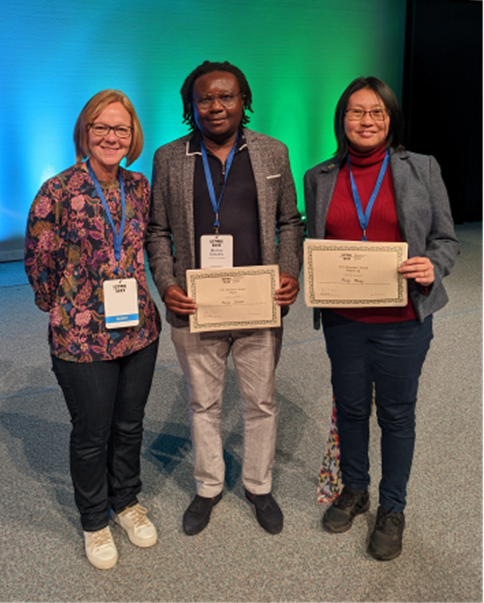The UK Clinical Research Collaboration (UKCRC) Registered Clinical Trials Units (CTU) Network invites previously unregistered academic Clinical Trials Units to submit applications as part of the 2023 Open Call.
The registration process is designed to help improve the quality of available expertise to carry out clinical trials in the UK. Leading the review is a Committee of internationally recognised experts in clinical trials.
CTUs are specialist units that bring together the expertise needed to undertake a clinical trial or other well-designed studies. Running a study is a complex process and Registered Units need to have the expertise to design, coordinate and analyse them, whilst ensuring that they are conducted in line with appropriate standards and regulations.
To be eligible to apply, units must demonstrate that they are capable of centrally coordinating multi-centre clinical trials and other well designed studies with responsibilities related to the design, conduct, data management, publicity, analysis and reporting of a study.
The deadline for applications is 12 noon on 6 November 2023.
You can find out more on the eligibility criteria and registration process here. For answers to common queries please visit our FAQ page or contact the Secretariat on regctus@leeds.ac.uk.












